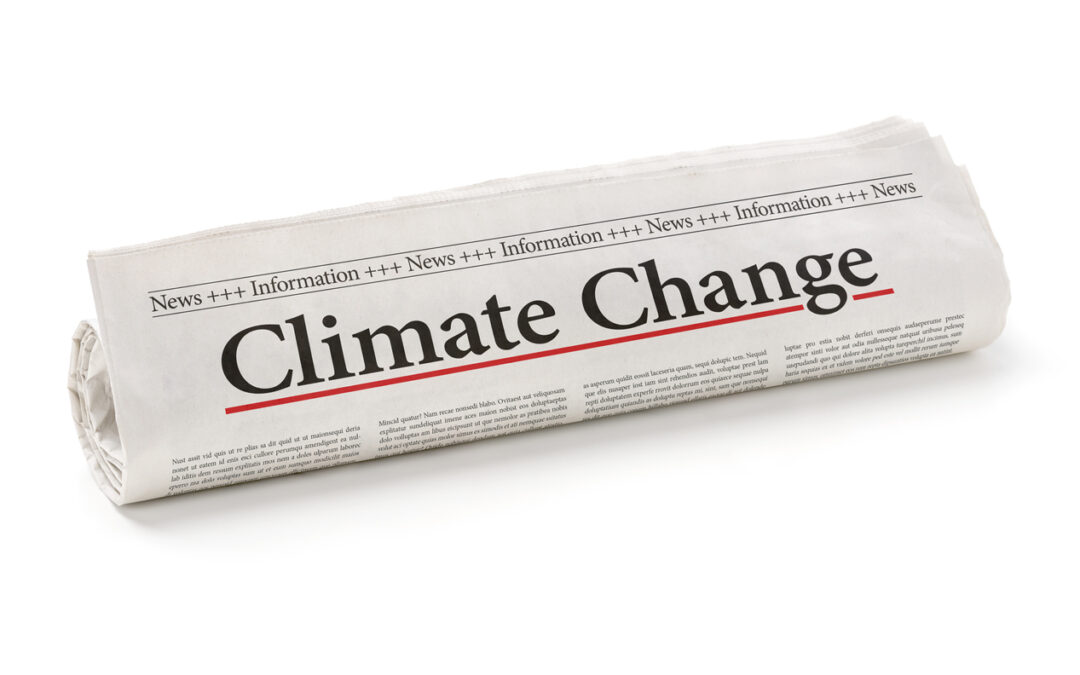A (non-comprehensive and quite random) list of climate change, climate policy and environmental justice stories from the past week.
Why the hydrogen tax credit has become a lightning rod for controversy. One of the most generous tax credits in Biden’s landmark climate bill, the Inflation Reduction Act, is the production tax credit for making hydrogen, which is worth as much as $100 billion. (read the full story here)
California may build solar panels alongside highways to power homes. California Gov. Gavin Newsom signed a bill to commission an analysis from the state’s transportation and energy officials to assess the viability of highway-side renewable energy sites like solar panels. (read the full story here)
Biden announces regional hydrogen hubs in hopes of sparking a clean-energy revolution. President Joe Biden on Friday announced the locations of seven regional hubs to manufacture hydrogen – a fuel cleaner than fossil fuels like oil, gas and coal – but one which can be derived from renewable energy, nuclear power or planet-warming methane gas. (read the full story here)
Answers About Old Gas Sites Repurposed as Injection Wells for Fracking’s Toxic Wastewater May Never Be Fully Unearthed. Residents in Plum Borough, Pennsylvania, are fighting to stop a proposed injection well recently approved by the EPA, citing possible water contamination. One Geologist called the proposal “state of the art,” but said questions remain. (read the full story here)
In New Zealand, Increasingly Severe Crackdowns on Environmental Protesters Fail to Deter Climate Activists. State and federal governments from the U.S. to Australia have enacted legislation punishing disruptive demonstrators, but many have been emboldened by the repression. (read the full story here)
Texas Quietly Moves to Formalize Acceptable Cancer Risk From Industrial Air Pollution. Public Health Officials Say it’s not Strict Enough. Without public hearings, the Texas Commission on Environmental Quality is proposing to adopt its 17-year-old standard that scientists and public health officials say fails to account for cumulative air pollution. (read the full story here)
Scientists Disagree About Drivers of September’s Global Temperature Spike, but It Has Most of Them Worried. The month’s shocking surge is likely to make 2023 the hottest year on record and drive extreme impact around the globe. It could also be a harbinger of even higher temperatures next year. (read the full story here)
A Rural Pennsylvania Community Goes to Commonwealth Court, Trying to Stop a New Disposal Well for Toxic Fracking Wastewater. The facility, in Plum Borough outside Pittsburgh, would be the state’s 15th “injection” well. Pennsylvania’s gas industry has never had a comprehensive plan for disposing of vast quantities of highly polluting produced water. (read the full story here)
Vessel Strikes on Whales Are Increasing With Warming. Can the Shipping Industry Slow Down to Spare Them? Rising ocean temperatures and marine heat waves are pushing whales closer to busy shipping lanes. Flexible speed reduction areas could help prevent ship collisions, scientists say. (read the full story here)
Climate change is still the top issue in the 2024 election. (read the full story here)
Fear of reprisals prevent people calling out employers on climate, says charity. Workers can often be first to spot harms, from rule breaches and pollution to false sustainability claims. (read the full story here)

